West Ham’s David Moyes on the life of a Premier League football manager – transfers, tactics, sackings and more | Football News
West Ham boss David Moyes gives Sky Sports the lowdown on the life of a Premier League manager, from transfers to tactics, managing abroad – and coping with the sack.
Moyes has pretty much seen it all. From Football League beginnings at Preston in 1998 to 11 years turning Everton into a Premier League force, to an ill-fated 10 months at Manchester United, a season in La Liga with Real Sociedad – and now leading unfancied West Ham to the Europa League semi-finals.
Speaking ahead of facing Arsenal live on Super Sunday as the Hammers look to secure another year of European football, the 59-year-old tells Sky Sports how he has built a managerial career spanning four decades and counting.
Defining yourself as a manager
Establishing authority and developing a plan are especially important in the hire-and-fire malaise of 2022, although they have always been as important to a football manager as any effective leader.
Moyes was still on the playing staff at Deepdale when he took over a club toiling in the third tier 24 years ago, and had to quickly define his managerial style and philosophy with little time to save the club from relegation.
“I think the important thing is to have big energy, show the players your enthusiasm, and I think especially as a young manager you do have to show the players that you can coach, and explain things, to win their respect,” he explains.
“Trying to get your own style on board takes time, though. When you take over a new team there’s such a big expectation to get results immediately, but if they’ve been losing regularly then expecting a coach to go in and make the difference is not always the answer. Quite often it can be, but not always.”
With Preston in danger of falling into the basement division of the Football League, Moyes found restoring his players’ enthusiasm as important as anything else. Tactical intricacy, and fine-tuning a side’s philosophy, would become more apparent following his move to Everton four years later.
“Being tactically astute is more relevant as you go higher up the leagues,” he says. “Man management plays a big part right from the start, obviously – trying to get a good team spirit, trying to get your players pulling in the right direction. It’s a big part of trying to get results.
“But, I also think as you get closer to the top, you look at the teams like Manchester City and Liverpool, their pressing, the way they can control the game and pick passes out, all of those things become a little bit more normal as you go up the divisions.”
Preparing for a Saturday (or Sunday, Monday or Thursday)
Moyes has managed at the top and bottom of the league and become well-versed in striking a balance between worrying about the opposition and imposing his sides’ own game, a topic which often divides fans on the terraces but is crystal clear for the Hammers boss.
“It’s all about how you see your team,” he says. “I can’t think of any manager, playing Liverpool or Man City, not thinking about the opposition. You have to think about them, it’s part of the job, but ultimately you have to prepare your own team and how you want them to play and win the game.”
One thing he still finds more troublesome is team selection. Do niggling doubts eat at him about the perfect team selection even now?
“All the time, all the time,” he admits. “Part of my job is obviously to get the best team out, a team to win, and it’s a big part of the job really. It takes up a lot of energy.
“Quite often I’ll try to get the starting line-up in my head quite early, but it can change based on something I see in training, reviewing videos from games or a special player you feel like you might have to adapt against to subdue. All of those things come into your decision making.”
The physical process of preparing for games has changed a lot in Moyes’ time, not least more recently because of West Ham’s success in Europe, which has left them squeezing at least 56 games into a nine-month schedule. But even without that, the seasoned boss says the influx of ideas from foreign coaches has meant there is no such thing as a ‘typical’ week on the training ground any more.
He says: “It’s not quite the same as it was in years gone by, partly down to the overseas players and coaches, the information British coaches have taken from other countries.
“Nowadays we give the players a day off at the start of the week, and most of the time we’re in nearly all week.
“It’s very little time off, but we don’t train the players consistently hard, or the same every day. We might do small groups, individuals, bits of video work, and we try to break it up.
“Managers have much more people around them too, there’s lots of PR and media work and being successful means you have more of it, but it’s part of the job and you have to accept it.
“There’s many more aspects of the game which need your attention too, in terms of analytics and so on – and when you get that back, working out what to do with it. There’s a bigger world behind the scenes.
“In years gone by, we’d look at the NFL and think ‘my goodness, they’ve got a defensive coach, an offensive coach, they’ve got this and that’, and I’m not saying we’re the same in football but there’s a lot more of it getting added now, and more detail getting put into it.”
Preparation is one thing, but the best-laid plans of mice and men go oft awry. So midway through a game, if a week of delicate planning lies in tatters, how does he keep his emotions in check to get his message through to his players at half-time?
He hits back: “I have to say, sometimes it’s good to show your emotions at half-time. Players want to be told the truth, I’d rather tell them that too, but there’s times where you have to put it over differently and focus on correcting things.
“You can sometimes plan it, you might have things in your head that you want to say, and experience helps. But most of the speaking you do with the players is during the week, and there’s less to do on a game day.”
That emotion has been more likely to come out in some jobs than others – amid a generally successful career, Moyes’ disastrous spell at Sunderland in 2016/17 saw them win just six games all season. Even so, he doesn’t believe the skillset required to lift a downbeat dressing room differs than one competing for honours.
“It’s actually very similar,” he says. “It’s still about finding a way of winning, it’s just about doing that consistently at the top of the table. Winning is the key word.
“The one thing is that when you are down there, as we have had periods here, it’s nervewracking – you realise people’s jobs are at risk within the building, there could be cutbacks for everyone. That creates an extra pressure to avoid that.”
The wild world of transfers
“Good managers make good sides, there’s no such thing as a good side making a manager,” was Brian Clough’s old trope.
The underlying message rings true but football is too complicated to be that simple. Making an organised team is one thing but there’s no substitute for talent and as several managers have discovered at Old Trafford, a good coach with a bad dressing room is always on borrowed time.
Being a motivator and a tactical genius means little without anything to work with, which is why Moyes believes recruitment is the most important part of a manager’s job, and is loathe to hand over responsibility for something so pivotal to his own fortunes.
“I still think the manager should have the final say,” he says. “A lot of clubs have sporting directors, and as long as the manager works closely with them you can work on it and do it.
“But I always think a manager tends to lose their job by poor recruitment, ultimately. If you get a chance, if you get enough transfer windows, then you’re getting judged so you have to try to make your recruitment good.
“I see it as part of my daily job. I don’t do it every single day, but there’s parts of the job where I have to be looking at the squad of players I have for the future, the young players I have at the club and what might be available outside as well.”
Moyes’ recent acquisitions have largely all hit the target but two poor windows during that ill-fated Sunderland season remain intrinsically linked with the Scot’s name on Wearside five years on.
Much of the Hammers’ recruitment has come from abroad with Tomas Soucek and Vladimir Coufal as good as any of their signings, although spotting the potential of the Czech top-flight pair, as with any untested overseas signings, was never a foregone conclusion.
“It’s very difficult, but you try to put together enough things to convince you that you’re doing the right thing – maybe they’re internationals, they’ve played in the Champions League or in Europe.
“You try to get as much information as you possibly can, and like anything else you’re trying to build up your knowledge. But also when you or your scouts go and see them, you hope they come back with good reports.”
Getting away from management – intentionally or not
Football management is undoubtedly the most intense role in the game. Newcastle boss Eddie Howe has famously worked 16-hour days throughout his coaching career and while Moyes does not aim to match that tally, he is rarely switched off from the game.
Watford and ex-England boss Roy Hodgson has spoken about using reading as a form of escapism, while former United manager Sir Alex Ferguson has had a famous soft spot for decades.
Not everyone can find a distraction. Even 24 years into management, Moyes is still searching for a way to switch off.
He says: “I’m not good at switching off. I’d like to be, but I’ve enjoyed being at West Ham, it’s been very good – but I don’t think losing becomes any easier even after all these years. Fortunately, we’ve been on an upward spiral the last few years so that hasn’t happened quite as much.
“You have to be able to lose, it’s a big part of being a manager. Across the Football League you’ve got 40-odd managers disappointed every weekend, and it’s always going to be that way. Even Pep Guardiola would’ve had it losing the Champions League final.”
There is one sure-fire way to switch off from management. But few bosses would choose to get sacked in search of a moment of serenity.
The juxtaposition between the all-encompassing life of management and being out of work is about as pronounced as it could possibly be. It’s something Moyes first faced in 2014, after 16 years of consistent work, with the ignominy of having failed at Old Trafford to contend with too.
“You try to keep yourself as busy as you can, keep yourself informed, in that situation,” he recalls. “There’s times where every manager needs a period out of work, it’s very hard to be continuous at it.
“When you’re out of work you might go and visit another team’s training ground to see what they do.
“It’s about continuing to be connected, football’s very current and if you’re not you can easily miss a chunk of what’s new, so whether it’s watching some training, making yourself available for coaching courses or seminars, it’s about keeping yourself as up to date as you can.”
Trying your hand as a Brit abroad
The days of Terry Venables, John Toshack and Bobby Robson leading Europe’s biggest clubs are as long ago as they feel.
Sky Sports’ Gary Neville is the last British manager to try their hand in one of the other top-five European leagues – and his experience may have been enough to put others off taking the plunge.
Not long before him came Moyes’ one spell overseas, on the back of that Old Trafford exit, when he was given the job of taking on mid-table Real Sociedad in the northern coastal city of San Sebastian.
Although he has no plans to return to the continent, the experience is one he feels more managers should take on.
“Not many British managers get jobs in the big countries abroad, very few,” he says. “I wanted to be one of them. We’re very keen in importing overseas managers, but we don’t do it the other way round, to Spain, Germany, Spain and France.
“It was a brilliant experience, I learned so much about Spanish football, Spanish players, Real Sociedad’s philosophy felt strange at first but it was a great, great culture.
“It’s an unbelievable place to be, San Sebastian. There were bits about Spanish football I didn’t like as much, but I picked up an awful lot.
“I found it hard how late they played games, kicking off as late as 10pm, which I didn’t understand. It made sense for the heat, but how are young kids meant to come and watch games at that time?
“There’s fewer away supporters at games in Spain compared to what you see in the UK too, the league organisation wasn’t as strong as the Premier League and neither were the referees, but the players were fantastic. Their technical ability was very good, they’d be happy to train at any time, and I really enjoyed being part of that culture.”

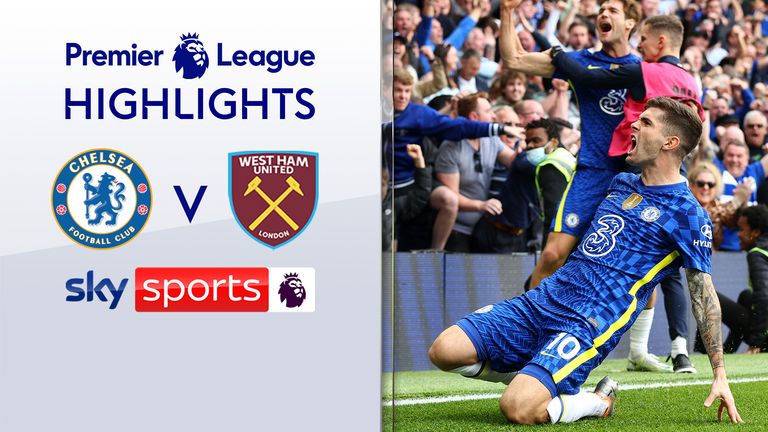
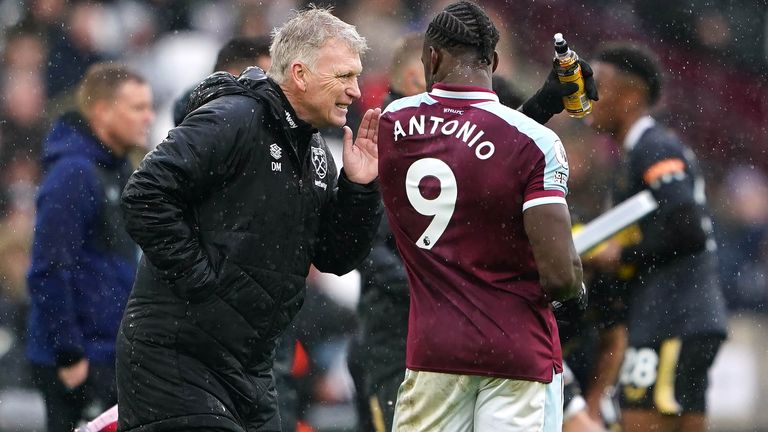

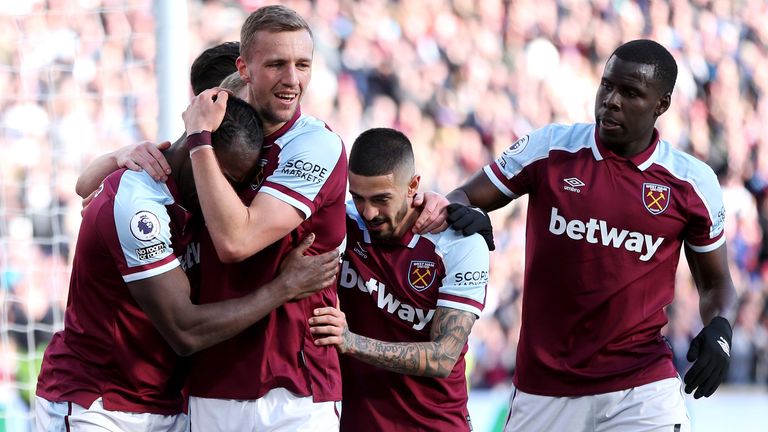
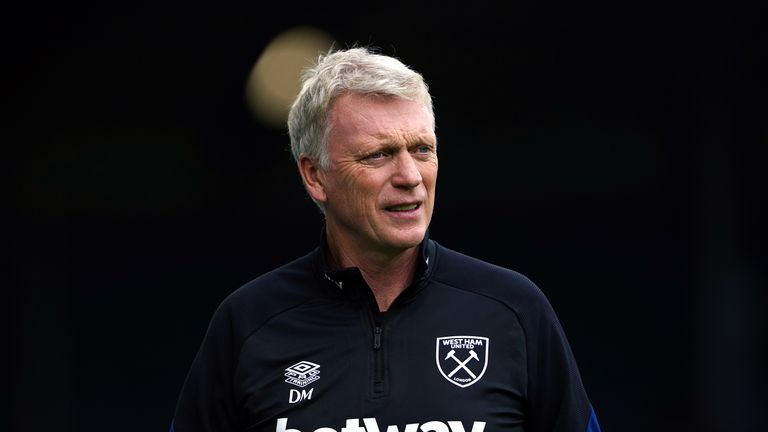
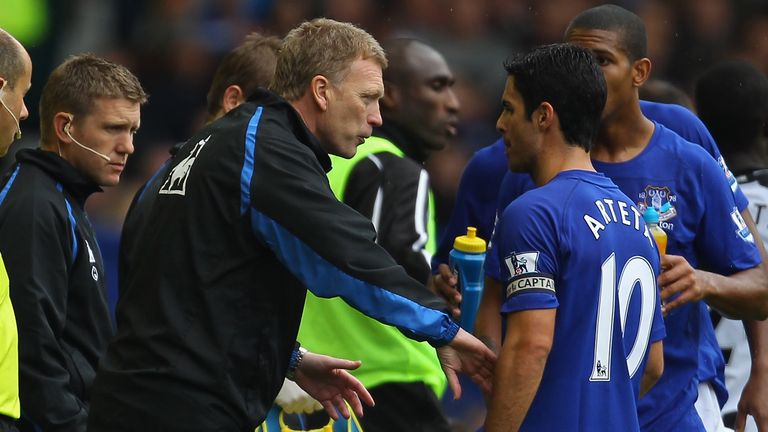
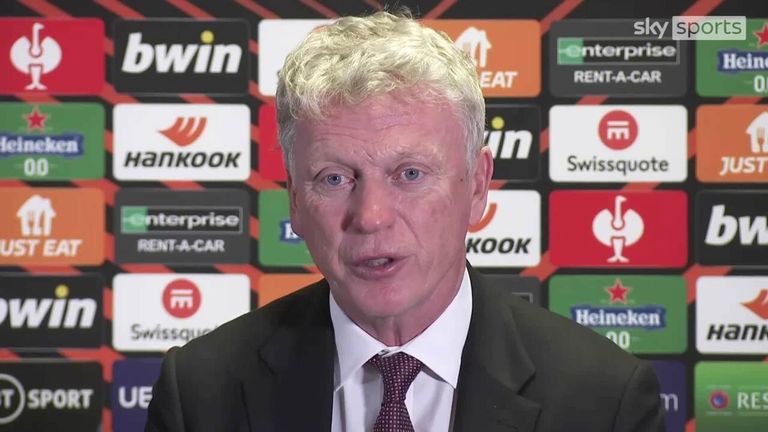
Pingback: บาคารา
Pingback: Software for Automation Testing
Pingback: vig rx
Pingback: เว็บตรง bk8
Pingback: ให้เช่าคอนโด
Pingback: gunpowder
Pingback: sci diyalaa
Pingback: pg slot
Pingback: ติดตั้ง ais fiber